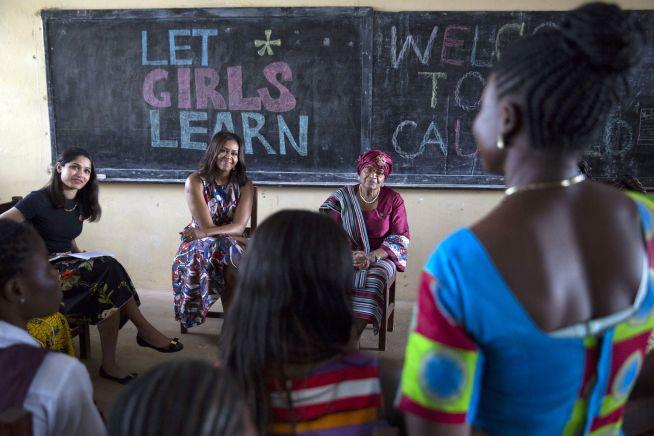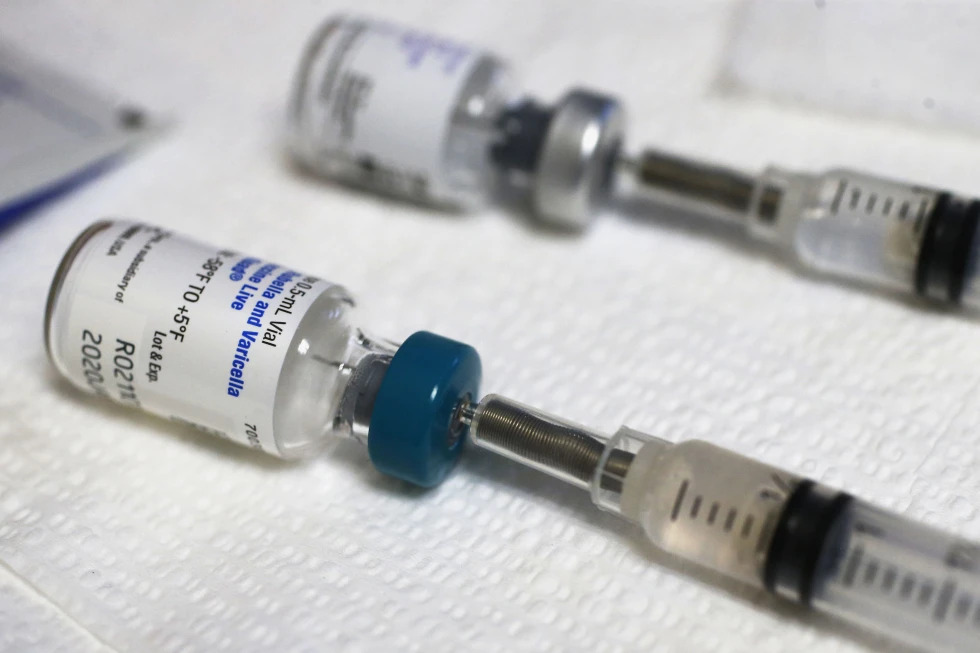Education has always been my ticket to freedom. It comes with respect, income and power. If you can’t be the smartest person in the room, you can always strive to be the most educated. That is a power no one can take from you.
This idea is one that drives hard-working, underprivileged, forgotten minority populations around the world to do whatever it takes to achieve higher levels of literacy.
The right to an education is under-appreciated by many in first-world countries because it is so easily accessible. Education is a freedom and a privilege, one that so many girls around the globe do not and will never have access to. This type of gender discrimination is destructive and disabling, and it comes with a cost to communities.
Sixty-two million girls across the globe are not in school, something Michelle Obama has focused on since she launched her “Let Girls Learn” initiative last year. It’s a program that not only aims to provide quality education, but also educates against gender-based violence and child, early and forced marriage. The programs are empowering and teach young women leadership skills to help uplift them and their families.
Our fellow women in other countries cannot get an education without fearing for their safety on the way to and at school. It is not the kind of safe space guarded by the red tape and bureaucratic regulations we are used to in America. Every woman is responsible for her own safety, and no one is congratulating them for their attendance. In fact, women are often abused for wanting to receive an education because their gender roles do not allow for anything besides marriage and children.
If you ask American teenagers what they think about the role of education in their lives, they’d probably tell you they don’t like school and are forced to learn things they don’t care about. The politics of American education have blinded us to the real value of it.
Education on the other side of the world doesn’t mean standardized test anxiety or waking up at the crack of dawn to learn useless math. It means opportunity and a chance to break the cycle of everyday helplessness that surrounds a woman’s existence in some developing nations.
In rural Morocco, only 14 percent of women attend high school. In Liberia, where most families must live on less than $2 a day, a girl named Raphina Feelee dreams of becoming a nurse. She wakes up each morning to cook for her family, care for her siblings and works at a nearby market before going to school.
These kinds of obstacles, in addition to the imposed danger of long commutes to school and most families not being able to afford school, are what stop young girls in developing nations from reaching their full potential.
So, what does life look like for these girls if they aren’t attending school? Usually, they’re forced into marriage early and then spend the rest of their lives having kids and taking care of their families. Living in a country with so many options and life paths, it’s easy to forget that women around the world are still living in fear of being persecuted for even thinking about freedom.
The only thing any of us truly have complete control over is our minds. No one can tell us what to think or how to feel. No one can take away what we know. That is why education is so important to me and to the 62 million women without it. When all else fails, when you’re constantly told what you can and cannot do, your knowledge is your power. Every girl in the world deserves that inalienable right.
Anjana Nair is an 18-year-old international studies sophomore from Baton Rouge, Louisiana.
Opinion: Access to education can empower women, young girls around the world
By Anjana Nair
October 23, 2016
First Lady Michelle Obama participates in a roundtable discussion with Freida Pinto and students, in support of the Let Girls Learn initiative, at R.S. Caulfield Senior High School in Unification Town, Liberia, June 27, 2016. (Official White House Photo by Amanda Lucidon)







